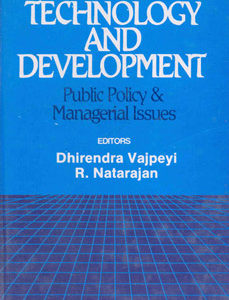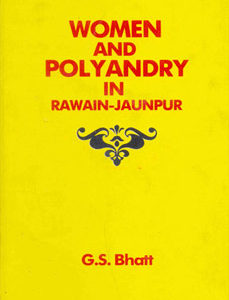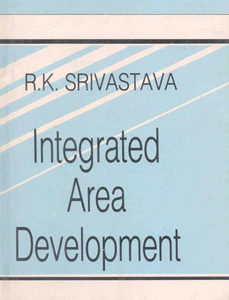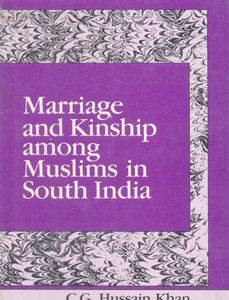SOCIAL INEQUALITY IN INDIA: Profiles of Caste, Class & Social Mobility (Second Edition)
₹1,395.00 Original price was: ₹1,395.00.₹1,214.00Current price is: ₹1,214.00.
25 in stock
Since independence restructuring of Indian society has been an active agenda on the policies and programmes of the Indian State and various movements launched by several organisations and groups of people. Such a restructuring is being sought by transformation of the inegalitarian traditional social order into a more egalitarian system of social relations. The focus in this volume is on the study of theory, structure and process relating to hierarchy and social inequality.
This collection of articles by well-known senior scholars highlight the multinational, historical and contextual nature of social inequality. The shaping of social stratification in terms of its dialectics, layers and levels of social relations is discussed around the three main foci, namely, theory, structure and process. Caste, class, family and individual are not only seen as units of social ranking, but are also viewed as notions implying a value-frame for guiding and shaping of consciousness and social relations.
How caste and class are interrelated and inhered into one another? How social mobility is realised and perceived as an asset? Who are the power elite? How can one identify them? What is the role of education in effecting changes in the caste system? What is the nature of social mobility among the weaker sections of Indian society such as the scheduled castes and the scheduled tribes? These and several other questions have been discussed in the volume.
The volume provides profiles of caste, class, power and social mobility highlighting conceptual and substantive issues. It should prove to be a handy source book for researchers, teachers and students of sociology and other social science disciplines.
| Author's Name | |
|---|---|
| Binding | |
| Release Year | |
| Language | |
| Publisher |
Related products
Sociology











